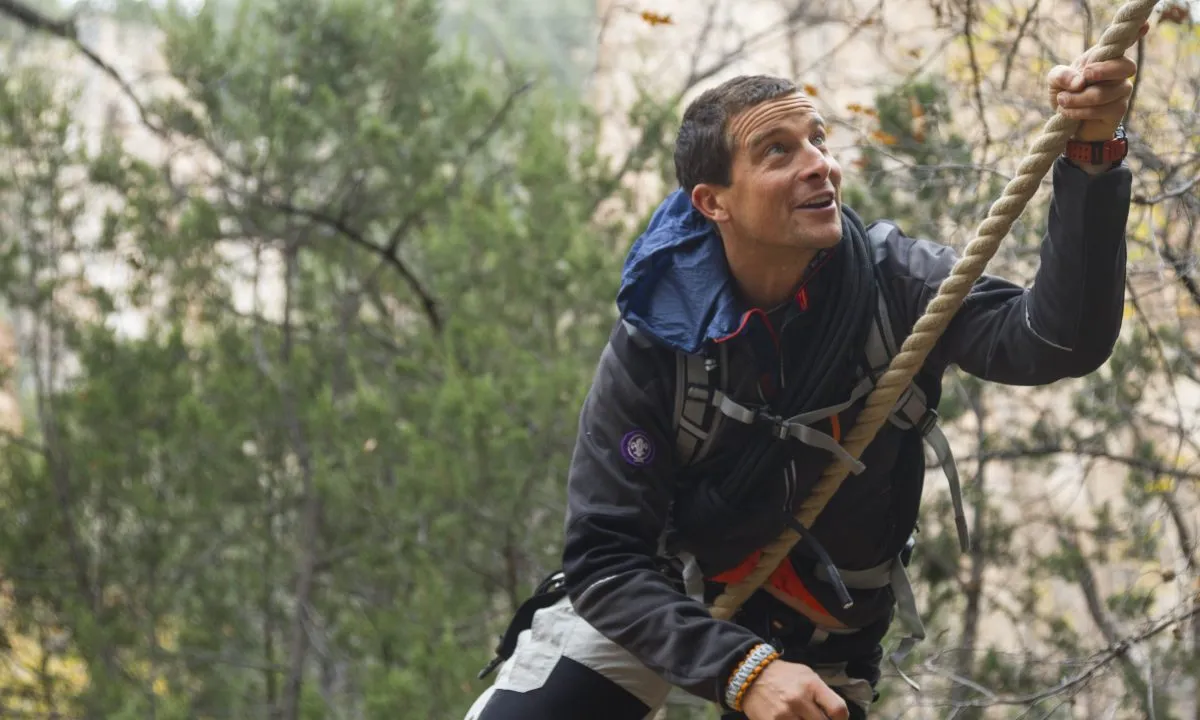

There are a ton of acronyms out there that can apply to being in the wilderness. I’ll spare the corny examples and get down to business. If you are outdoors and in a difficult situation, there are ways to slow things down and regain some level of control before they really spiral.
Videos by Outdoors
Bear Grylls has plenty of experience in such matters. Grylls remains one of the youngest climbers to summit Mount Everest — just 18 months after breaking his back, no less. He has hosted multiple television shows about survival skills as well as authored several books on various topics. He joined NPR, coincidental for this acronym article, to discuss ways to stay alive.
His first: S-T-O-P.
It is a system created by psychologist Marsha Linehan that Grylls has his take on.
“S” is literally for ‘Stop.’ Sounds simple? “Don’t just kind of run into blind panic, like, ahh,” he said.
“T” is to ‘take a beat’ and look at what is around you. “O” is to observe. This is, perhaps, the key to staying calm.
“Look at all the things, not just – don’t fixate on one thing, you know. Look around,” he said. “Just look at your surroundings. You’re going to see escape routes. You’re going to see alternatives and options.
“The final S of S-T-O-P is P, come up with that plan. So you stopped. You take a beat, you observe, and then you come up with a plan.”
PRWF. Okay, that’s a mnemonic device.
Not sure how that would sound as a word, which kind of means it isn’t truly an acronym, but that is semantics. We are here for survival.
“P” is for protection. “R” is rescue. The order there is important.
“It might be rising water levels. It might be, you know, flash floods, whatever that imminent danger you’re in. No. 1 is protection,” Grylls said. “No. 2 is rescue. It’s no good protecting yourself from the snowstorm, being in the snow cave if nobody knows where you are when they come searching for you. So you’ve got to set yourself up for rescue.”
Again, in a specific order is the W-F. Water and food. In that order.
“You can survive for a month without food, but you can only survive a matter of days without water,” he said.
NGU!
Never. Give. Up.
Grylls has long said that having the right mental toughness can overcome many of the obstacles during intense situations. That particular phrase is also the title of his autobiography. There is a specific reason for that, too.
“If you only have to have one thing, this would be the one – NGU, never give up,” Grylls said. “You know, it’s not skills, not knowledge, not talent, not, you know, any of that stuff. It’s all about never give up.”
Bear has a new book, Mind Fuel: Simple Ways to Build Mental Resilience Each Day and it is available now. You can order it at this link.
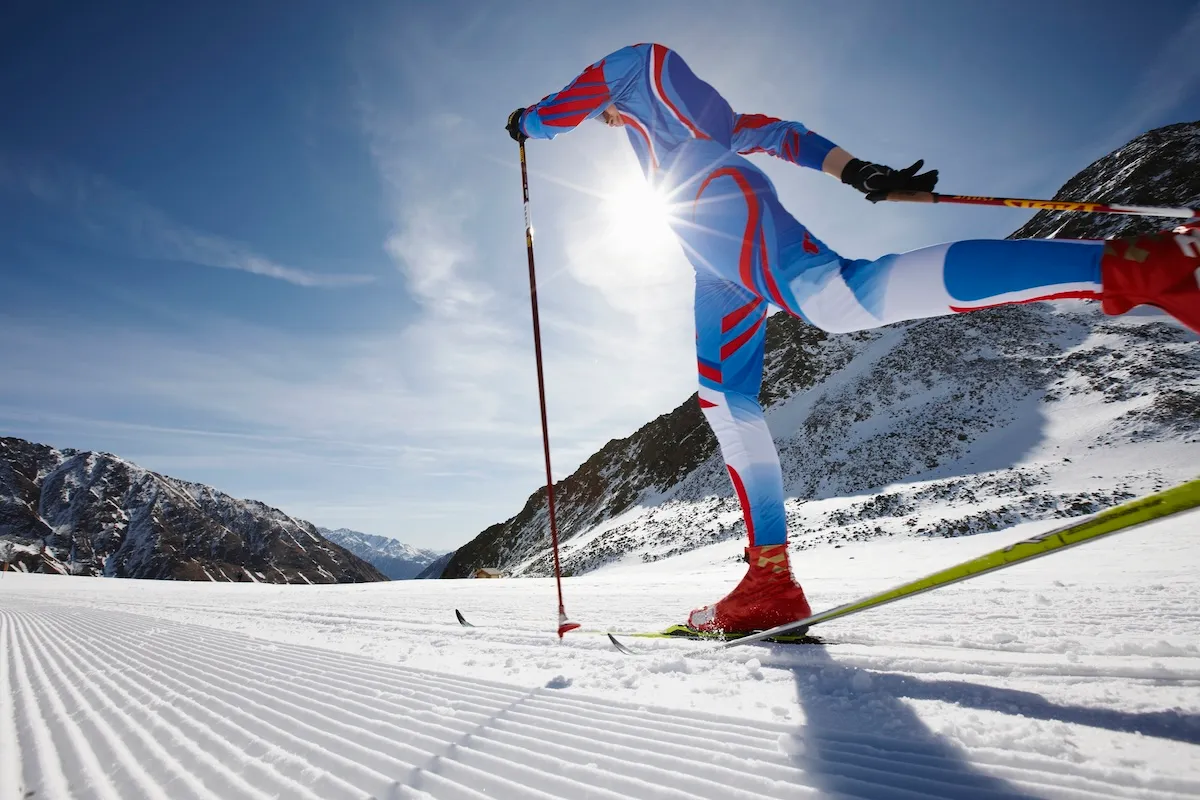
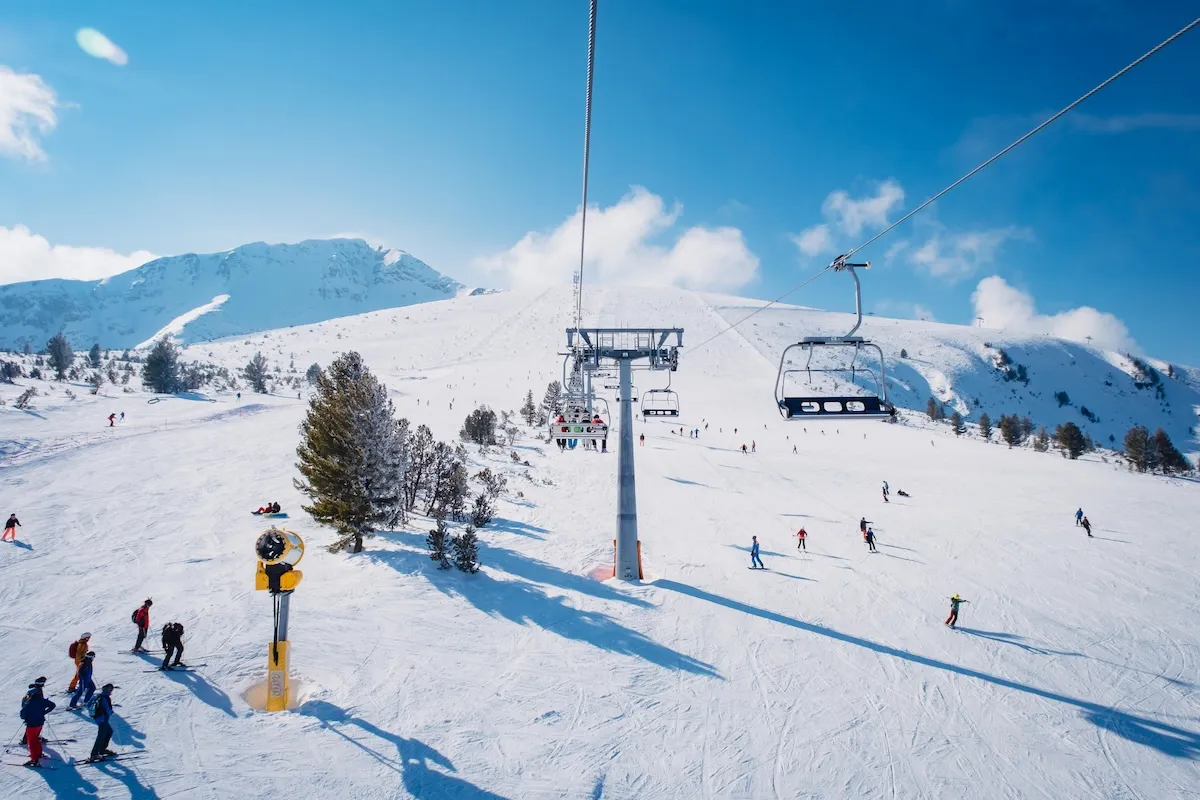
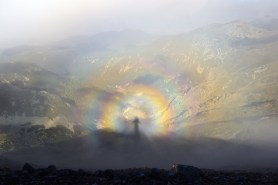
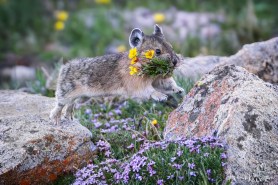

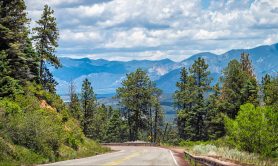
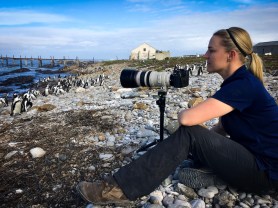
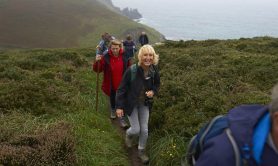
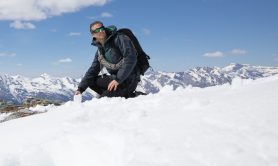

NGU is excellent advice. NEVER give up even if help comes, don’t relax until totally safe.
The mental aspect is so important. It is something you hear forever but seems to take a long time to really buy into!